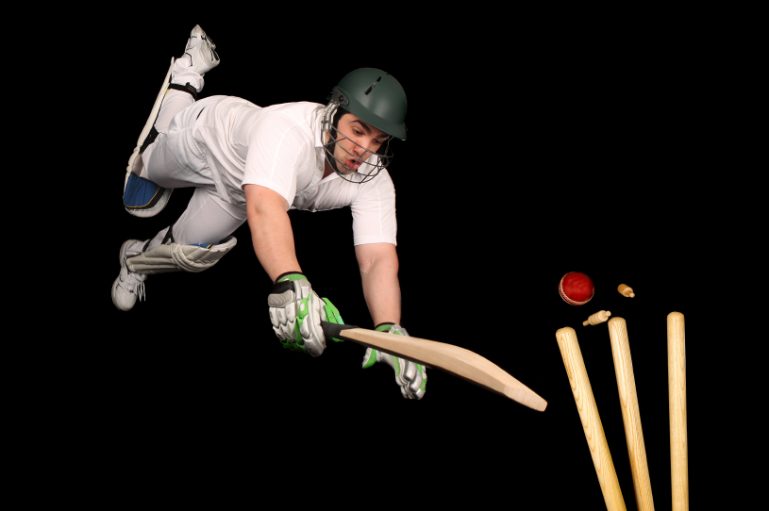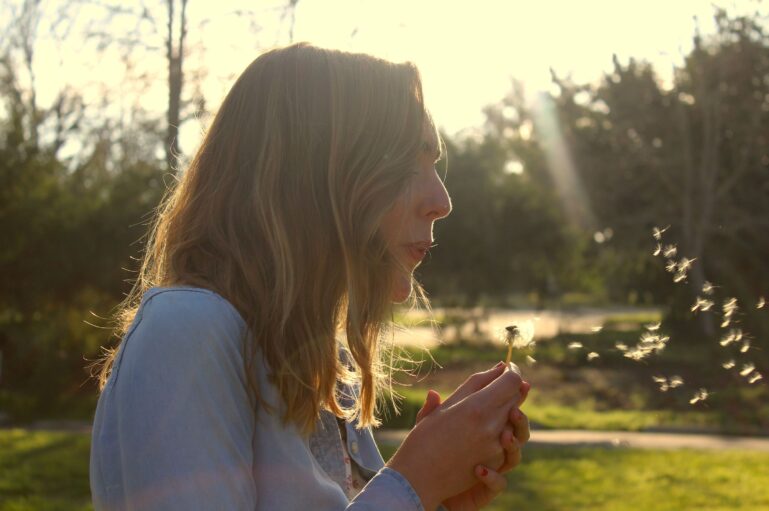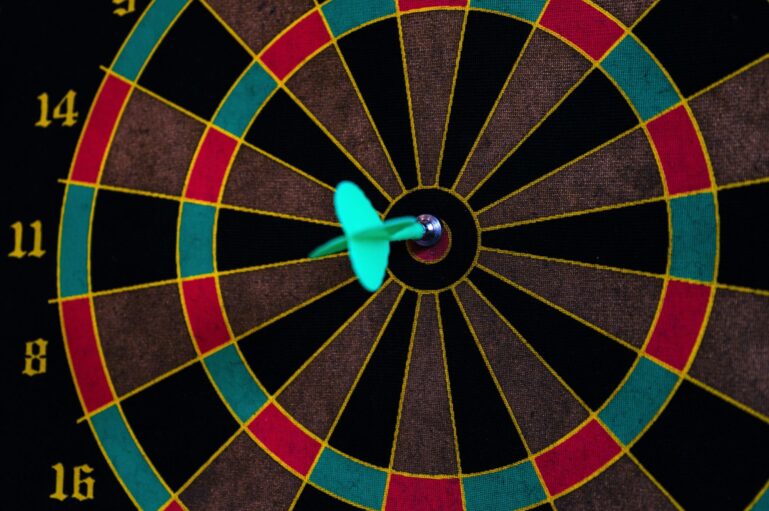I love watching cricket in all its forms, but the excitement generated from a T20 (20 overs per side) game is catching. In a moment, one is sucked into the drama and emotion of the match and shortly, one is living and sharing in the pressure of the clash. The high expectations of the supporters and the professional brilliance of many of the players, often tested in extreme circumstances, make for a cauldron of cricketing drama. The sheer entertainment value has TV and other streaming networks buzzing all over the world.
This has been particularly true of the franchise series, the IPL (Indian Premier League), currently being played in India – eight teams battling it out over a three month period, with close to sixty games being played in the series. There have been heroic batting and bowling displays, brilliant field-work and catches and the mix of Indian and other international players has been a format that has brought panache, flair and flamboyance to the respective characters of the teams. Of particular note was the match between the Mumbai Indians and the Rajasthan Royals, a decider in the group stage for progression to the finals. Mumbai, needing to achieve the stiff target set by the Royals of 190 within 14.3 overs or less if they were to advance to the play-offs, with the heroism of Anderson, Hussey, Rayudu and Tare, managed to pull off the seemingly impossible and won the game in the abbreviated required overs. The delirious crowd revelled in the batting carnage, which sparked joyous scenes of celebration. At the post match presentation, Ravi Shastri (commentator) summed up the epic struggle with the words: “’Impossible’ is just another word!”
The world needs heroes – people who will not allow their thinking to be clouded by notions of “it can’t be done” or “that’s impossible”. These are people who rise to the challenges before them and make the impossible possible. They refuse to give up and persist in spite of odds stacked against them. Their resilience, self-awareness and confidence muster inner resources which they apply with focus to the situation. All their energy is channelled deliberately towards their chosen solution. Losing the battle is not an option.
Perhaps some of the characteristics of these so-called “heroes” include the following:
- A clear and compelling vision of what needs to be achieved – a well-defined “big picture” is necessary to align energy, ideas and actions appropriately
- A high level of self-awareness – knowing one’s strengths and weaknesses is foundational to capitalising on one’s strengths and knowing when to call on the strengths of others to compensate for one’s weaknesses
- A relentless focus on achieving the goal – where your focus lies, that’s where your energy will go
- Saying “no” to that which is not a core part of the vision – realising and applying yourself to the uniqueness of your role and delegating the rest
- Setting achievable “steps” and timelines to the goal – milestones need to be clear and well-communicated to all who have roles to play
- A strong sense of “moment” – procrastination will not be helpful; now is the time for greatness!
- A desire and ability to “stretch” beyond previously accepted boundaries – comfort zones have no resting place in the life of a hero
- High levels of accountability – being responsible for one’s actions, energy and focus
The world needs “heroes” – maybe “impossible” is just another word? Heroism is not only about “saving the planet”, but also about triumphing when the odds are stacked against one, when faced with challenges that seemingly require super-human strength and skill to overcome. The ability to rise to these challenges is needed, coupled with uniqueness that has been recognised, skills that have been honed and a contribution that is yet to be realised. You can be a hero!










